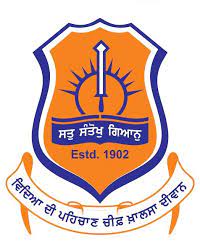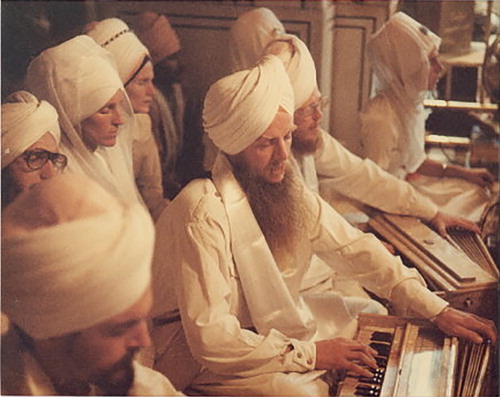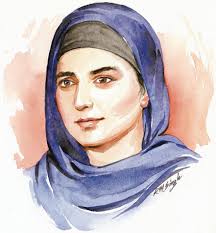NIHAL SINGH KAIRON (1863-1928), a pioneer of women`s education in the Punjab, was born on 22 December 1863 at Kairori, a village in Amritsar district. His father, Gulab Singh, a deeply religious person, had three sons, Nihal Singh being the youngest of them. Nihal Singh had no formal schooling, and travelled with his brother, Tarlok Singh, to Malaya (Malaysia) while still very young. He joined the Royal Artillery at Hong Kong, but soon secured his release and returned to his village in the Punjab to work for community welfare and reform. He lectured at Singh Sabha divans.
AHLUWALIA, JASBIR SINGH Jasbir Singh Ahluwalia,(1935 - ) born in 1935, is a leading radical Punjabi poet. He had a post-graduate degree in English and got his doctorate for his thesis on New conception of Reality, and got into the Punjab Civil Service. He came on deputation to Punjabi University, Patiala for some time as Director, Planning and Development (Punjabi). He worked as Director, Punjab State University Text Book Board, and Secretary, Punjab Education Board for brief terms. He knocked his way into the field of experimentalist as a departure from the dominant school of Punjabi poetry, the Progressives, the leaders of which, Mohan Singh and Amrita Pritam, received his particular attention.
NIRANJAN SINGH, PROFESSOR (1892-1979), educationist and writer, was born in 1892, the youngest of the five sons of Bhai Gopi Chand and Mai Mulan Devi, a Sahijdhari Sikh couple of the village of Harial in Gu|jarkhan tahsil, Rawalpindi district (now in Pakistan). His father died in 1901 and his brothers, Ganga Singh and the one who became famous as Master Tara Singh, took charge of him and supported him through school. After his primary classes in the village school, Niranjan Singh came to Amritsar where he matriculated at the Khalsa Collegiate School and passed his M.Sc. (chemistry) from the Khalsa College in 1916.
NISHCHAL SINGH, PANDIT SANT (1882-1978), widely respected holy man, preacher of Sikhism and head of the Sevapanthi sect of the Sikhs (1950-78), was born on 18 April 1882, the son of Bhai Amir Singh and Mat Piar Kaur, a pious couple of Mittha Tiwana in Shahpur (Sargodha) district of Pakistan Punjab. Nishchal Singh lost his father at the age of five and was brought up under the care of his eldest brother, Mahitab Singh. Mahitab Singh, himself a devoted Sevapanthi saint, led Nishchal Singh to take to the same path. He sent him to Varanasi for higher learning.






